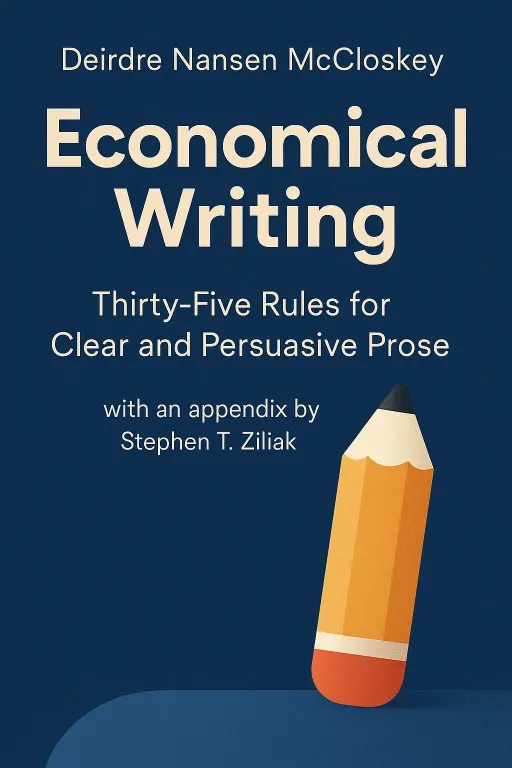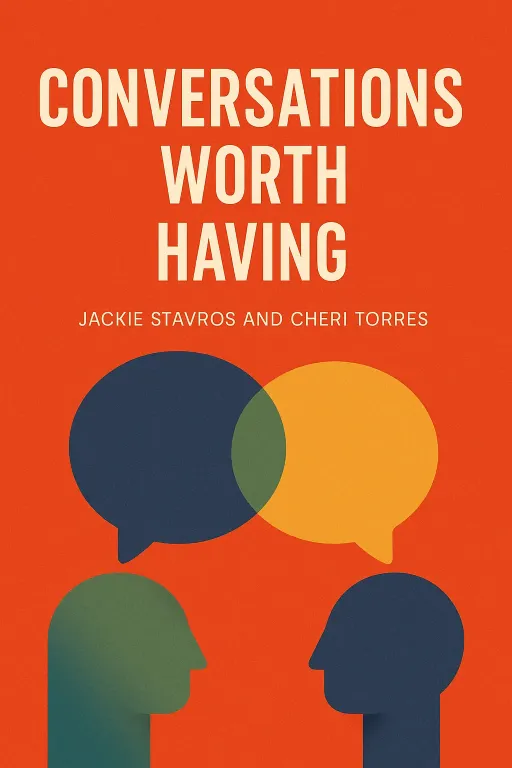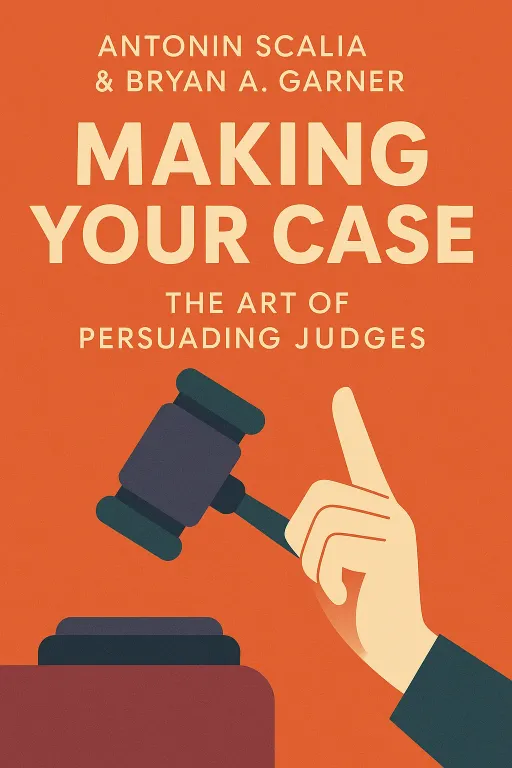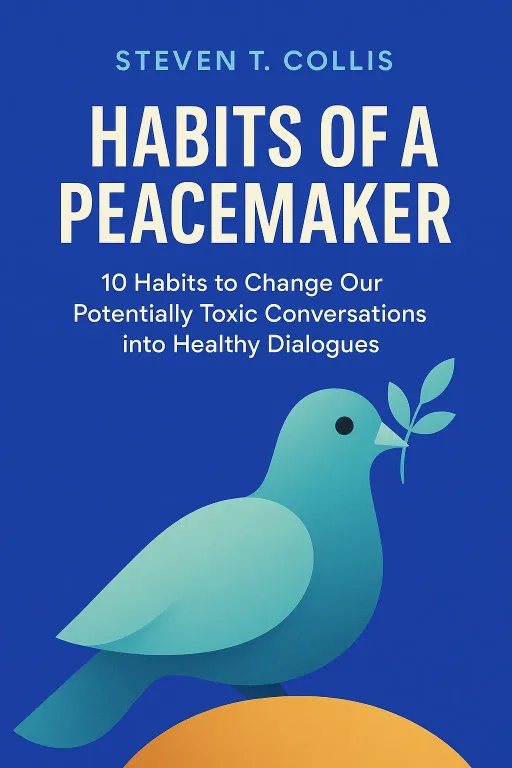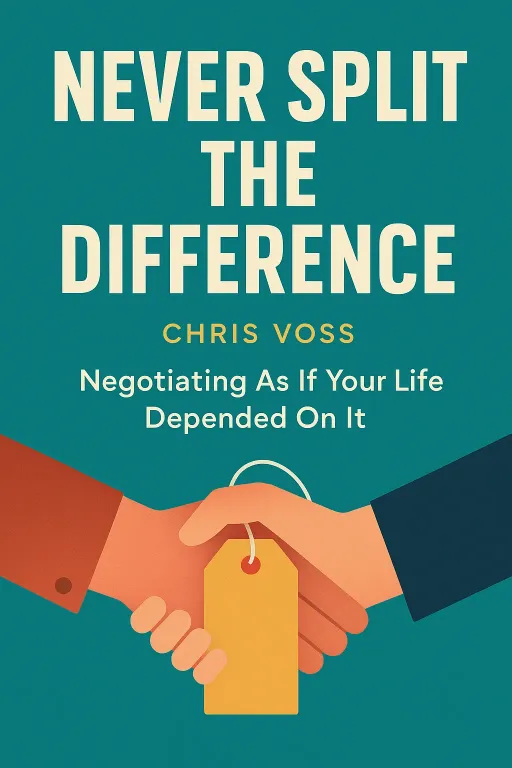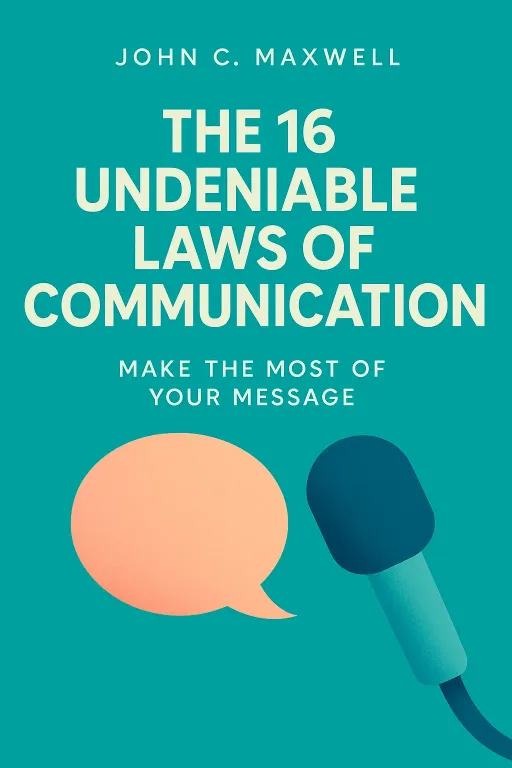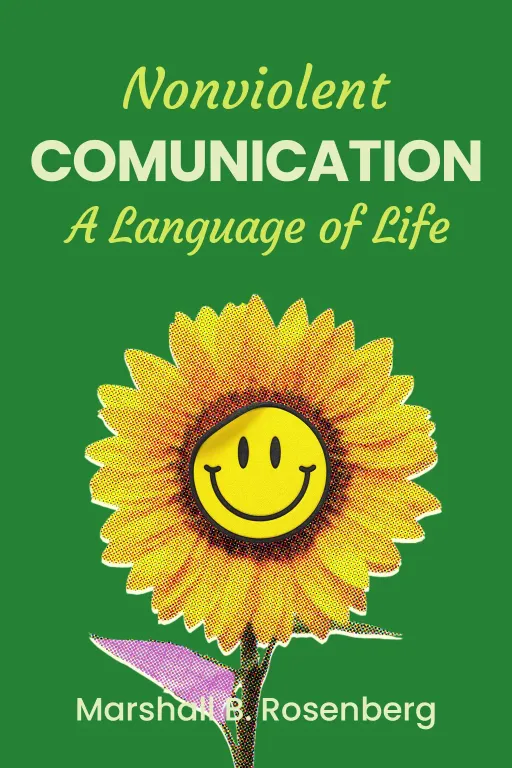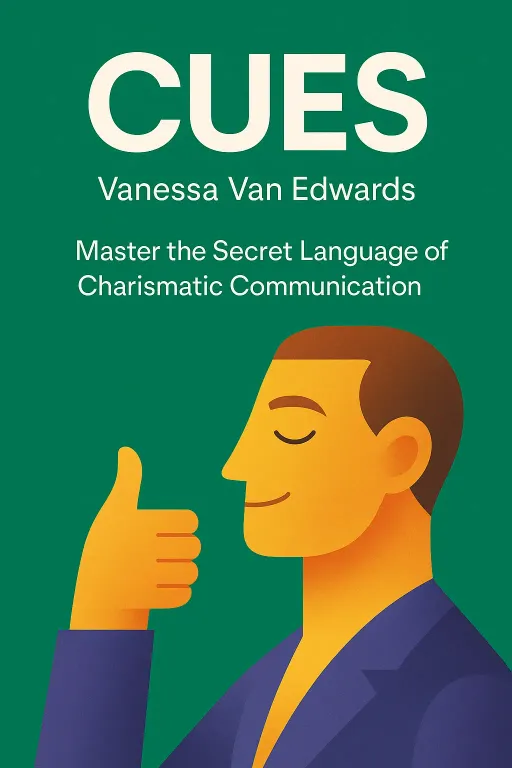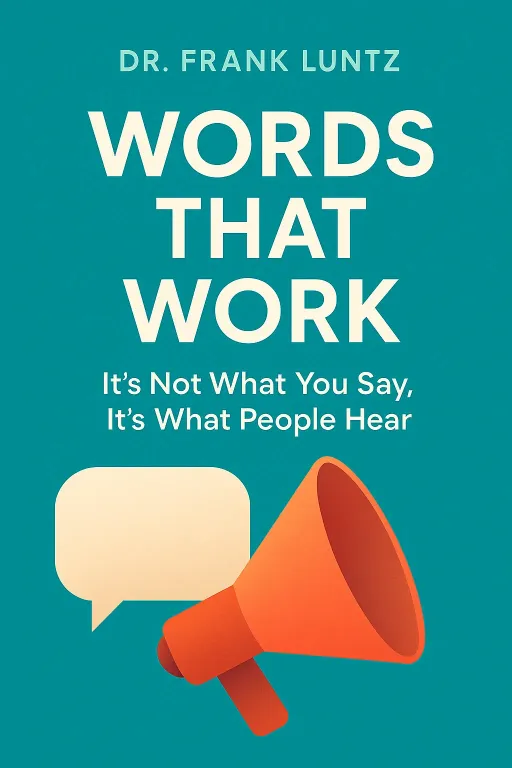
Words That Work
10 minIt's Not What You Say, It's What People Hear
Introduction
Narrator: Imagine a room in Brentwood, California, filled with Hollywood's most powerful and politically liberal figures. It's September 2004, and they are in a state of panic. Their candidate, John Kerry, is losing ground to George W. Bush, and they can't understand why. Desperate for answers, they've invited a guest speaker, someone they believe holds the key to effective communication. The twist? Their guest is Frank Luntz, a top Republican pollster and the architect of some of the most effective conservative messaging of the era. This unlikely meeting reveals a fundamental truth: the power of language isn't about political affiliation; it's about understanding human psychology. In his book, Words That Work, Dr. Frank Luntz pulls back the curtain on this art and science, revealing that success in any field often comes down to one core principle: it's not what you say, it's what people hear.
Your Words Belong to Your Audience
Key Insight 1
Narrator: The central thesis of Luntz's work is that once words leave your mouth, you no longer control them. They are filtered through the listener's unique combination of experiences, emotions, and preconceptions. A message's success or failure hinges entirely on how it is received, not how it was intended.
A classic example is President Jimmy Carter's 1979 "Crisis of Confidence" speech. Facing a nation grappling with economic anxiety and an energy crisis, Carter intended to deliver a speech that would inspire a renewed sense of national purpose. He spoke of a "crisis of the spirit" and called for unity. However, he never once used the word "malaise." Yet, the media and the public interpreted the speech's tone as overwhelmingly negative and pessimistic. It was immediately branded the "malaise speech," a label that stuck and came to define his presidency as weak and ineffective. Carter said one thing, but the American people heard something entirely different, and that perception ultimately contributed to his defeat. The lesson is stark: communicators who ignore their audience's perspective do so at their own peril.
The Ten Rules of Effective Language Are a Universal Toolkit
Key Insight 2
Narrator: Luntz argues that effective language isn't magic; it's a craft that follows a set of predictable rules. While he outlines ten, they all revolve around making a message clear, credible, and emotionally resonant.
Two of the most crucial rules are Simplicity and Brevity. Luntz points out that many highly intelligent people, from politicians like Newt Gingrich and Al Gore to corporate leaders, fall into the trap of using complex, polysyllabic words. They believe it makes them sound smart, but to the average person, it sounds condescending and out of touch. The most effective communicators use small words and short sentences. As Mark Twain famously said, "I didn't have time to write a short letter, so I wrote a long one instead." Brevity takes work, but it's powerful.
Another rule is to Ask a Question. A statement can be ignored, but a question demands an answer, even if it's only in the listener's mind. In a 1980 presidential debate, Ronald Reagan didn't just state that the economy was bad under Jimmy Carter. Instead, he turned to the camera and asked the American people a simple, devastating question: "Are you better off today than you were four years ago?" That single question framed the entire election, personalizing the political debate and propelling Reagan to a landslide victory. It was more powerful than any economic statistic because it forced every viewer to apply the issue to their own life.
The Messenger and the Message Are Inseparable
Key Insight 3
Narrator: You can have the most perfectly crafted message in the world, but if the person delivering it isn't credible, it will fall flat. Luntz stresses that in politics and business, you must "be the message." This means your persona, your actions, and your values must align with the words you speak. Authenticity is paramount.
In the aftermath of the 9/11 attacks, President George W. Bush stood atop a pile of rubble at Ground Zero with a megaphone. When a rescue worker shouted that they couldn't hear him, Bush's unscripted reply became a defining moment of his presidency. He said, "I can hear you! The rest of the world hears you! And the people who knocked these buildings down will hear all of us soon!" In that moment, his words were personal, emotional, and resolute. He wasn't just a politician; he was a leader embodying the nation's grief and determination.
Contrast this with John Kerry's 2004 campaign. Kerry, a decorated Vietnam veteran, tried to make his service a cornerstone of his message. But when the Swift Boat Veterans for Truth launched a campaign questioning his record, Kerry's response was slow and seemed overly political. The attacks, whether fair or not, created a counternarrative that undermined his credibility. He failed to "be the message" of a tough, decisive leader, and the perception of inauthenticity cost him dearly. People don't just listen to what you say; they watch who you are.
Reframing the Debate Is Winning the Debate
Key Insight 4
Narrator: One of Luntz's most powerful and controversial techniques is the art of reframing. By changing a single word or phrase, you can fundamentally alter the emotional and psychological context of an issue, making your position more appealing.
For decades, Republicans struggled to gain public support for repealing the "estate tax." The term itself sounds like something that only affects the wealthy—people with large estates. Luntz's research found that while a narrow majority supported repealing the "estate tax," over 70 percent of Americans wanted to abolish the "death tax." The underlying policy was identical, but the language was profoundly different. "Estate tax" is a sterile, financial term. "Death tax" is emotional and personal. It frames the issue as the government taxing a family's assets at a moment of grief. This linguistic shift made the issue relatable to millions of ordinary people, and Congress eventually voted to eliminate the tax.
Similarly, the casino industry transformed its public image by moving away from the word "gambling," with its connotations of vice and addiction, to "gaming." "Gaming" sounds like entertainment, fun, and a family-friendly activity. This rebranding, combined with the development of resorts that offered more than just slot machines, helped make Las Vegas a mainstream tourist destination. He who defines the language wins the debate.
You Must Communicate for the Country You Have, Not the One You Imagine
Key Insight 5
Narrator: Effective communication requires a ruthless understanding of your audience. Luntz argues that many leaders and marketers operate on myths about the American public. They assume people are highly educated, read voraciously, and make decisions based on detailed policy analysis. The reality is quite different.
Luntz presents data showing that most Americans did not graduate from college and get more of their information from pop culture than from newspapers or books. This isn't a criticism; it's a strategic reality. It means that for a message to work, it must be simple, direct, and often visual. It's why a complex argument about economic policy is less effective than a simple, relatable story.
A humorous but telling anecdote from the book involves a survey for New York Mayor Rudy Giuliani's reelection campaign. When asked to name one of the mayor's positive accomplishments, one respondent praised Giuliani for "standing up to the EPA and letting the Ghostbusters do their job." This person had confused a fictional movie plot with real-world politics. While an extreme case, it illustrates a vital point: you cannot assume your audience has the same context or knowledge that you do. Effective communicators meet people where they are, using language and references that are relevant to their lives.
Conclusion
Narrator: If there is one lesson to take away from Words That Work, it is that communication is an act of empathy. It is the discipline of setting aside your own perspective and rigorously considering the perspective of your audience. The most successful messages are not those that are the most eloquent or intellectually complex, but those that connect with the fundamental hopes, fears, and values of the people who hear them.
The book serves as both a guide and a warning. It provides a powerful toolkit for anyone who wants to persuade, lead, or simply be understood. But it also challenges us to be more critical consumers of language. When you hear a politician use a phrase like "death tax" or a company promise a "hassle-free" experience, you can now recognize the deliberate strategy at play. The ultimate challenge Luntz leaves us with is this: will we use these tools to create clarity and connection, or will we use them to manipulate and divide? The choice of words, as he so powerfully demonstrates, is never just about words. It's about the world we choose to create with them.
